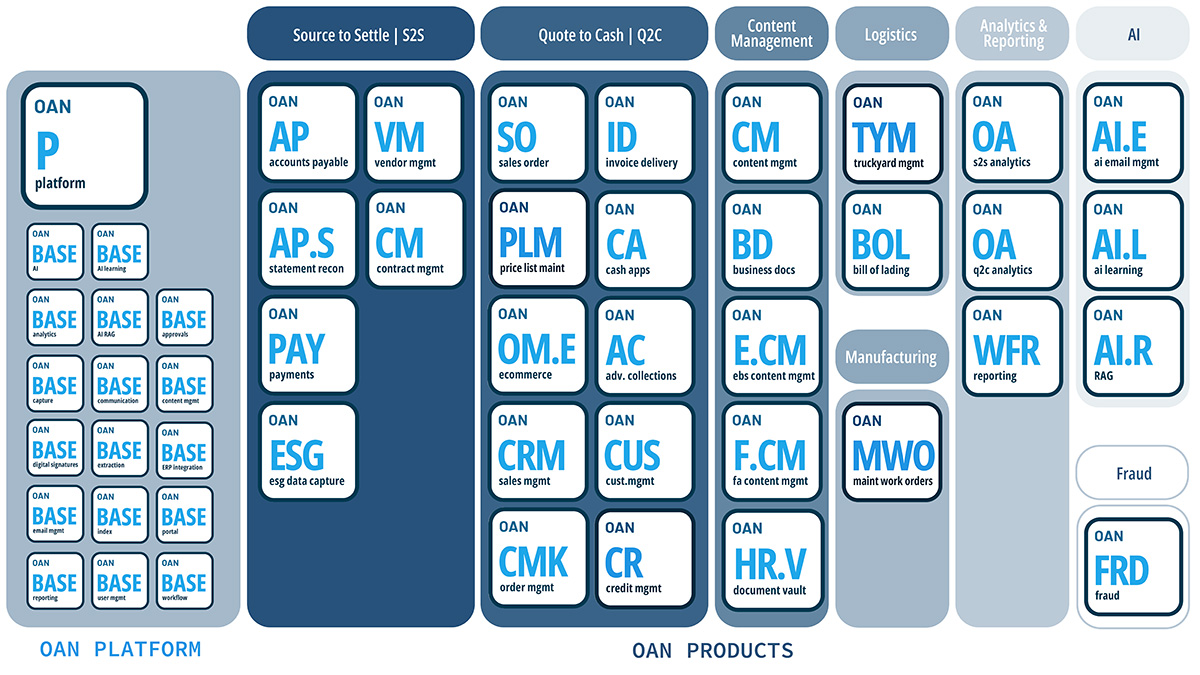Cryptocurrencies took over the market around five years ago, and since then, popularity has never declined. On the contrary, more and more people are looking into ways to invest in cryptocurrencies. Many companies and individuals on top of the business industries started showing support for these new currencies with no third parties by accepting payment in the form of cryptocurrencies and investing in them.

There are many options to choose from, but Bitcoin and Ethereum are the leading cryptocurrencies that everyone has their eyes on. Although cryptocurrencies are significant as a form of payment for everyday products and services, can they be used to pay employees? Well, that is what we are here to discuss today. However, before answering the question if it is viable, we first need to clear the legal grounds for it to be an option. So, let’s see if paying in cryptocurrencies is a viable option.
The legal grounds
Many government officials have shown interest in paying crypto to employees in a legal deal. However, as of now, most states do not allow employees to be paid in crypto. Instead, they are only allowed to pay employees in U.S. currency or its equivalent.
FLSA, i.e., The Fair Labor Standards Act, governs most public and private employment in the United States. The main requirement of the FLSA is “Payment of the prescribed wages, including overtime compensation, in cash or negotiable instrument payable at par.” Apart from some exceptions, employers are left with two options that are cash or negotiable instruments, “payable at par.”
The Department of Labor, i.e., DOL provides a clear definition of what can be considered a negotiable instrument payable at par. The DOL allows employers to pay employees in foreign currency and U.S. dollars, as long as it satisfies the minimum salary requirement of the FLSA’s executive, administrative and professional exemption.
The foreign currency is initially converted into U.S. dollars, and if it matches the FLSA threshold, only then can you pay someone with foreign currency. A similar concept can be used for paying employees in crypto. However, the DOL and courts have yet to give their opinion on whether cryptocurrencies can be considered a form of foreign currency. Hence, the situation is a little ambiguous. Therefore, employers need to be cautious of the case if they are trying to adopt cryptocurrency as a payment to their employees.
How does crypto’s volatility affect the situation?
While some people will be in favor of receiving crypto as a currency, as they see potential in that currency, most experts believe that bitcoin will rise to $100,000 in the near future. If you are being paid in bitcoin, then there is no harm, as you could see that payment as a potential investment for the future.
On the other hand, you could see the payment in crypto as a complete facade. As most crypto currencies’ prices can’t be predicted, you can see a considerable dip in prices the next day you are paid. This might result in employees lashing out at the company. In addition, other risks could be taken into account, and employees could feel cheated in receiving payment in crypto.
If you see it from an employer’s perspective, employers could use cryptocurrency’s volatile nature to violate the minimum wage and overtime laws. Minimum wages can be termed as the specific standards of exactly how much employees must be paid for their work. If employers fail to pay the requisite salary, they can face misclassification claims. These claims could include anything from unpaid overtime to potential fines.
The volatility of the cryptocurrency could lead to the violation of these rights unintentionally. For example, if there is a drastic change in the currency’s price, the amount could be less than the required amount suggested by the wage-and-hour law.
Will it ever be viable?
Although most governments are not into cryptocurrencies right now, the market has already adopted these digital currencies into the system. As most aspects of life are being converted into virtual space, cryptocurrency will only increase its influence in the future. If it is not viable now, it surely will be in the near future.
If you want to adopt the system right now, you may want to give the actual payments in U.S. currency and then provide the option for your employees if they’re going to convert them into cryptocurrency or not.
Conclusion
Cryptocurrency is still new territory, and if you are stepping into it as an employer, you need to keep yourself updated. Keep in check all the changes in the law regarding payroll practices and the acceptance of cryptocurrency as a foreign currency. There may also be other legal problems while using cryptocurrency to pay employees not mentioned here. Hence you should also consult an expert before adopting the system to save yourself from future issues.

